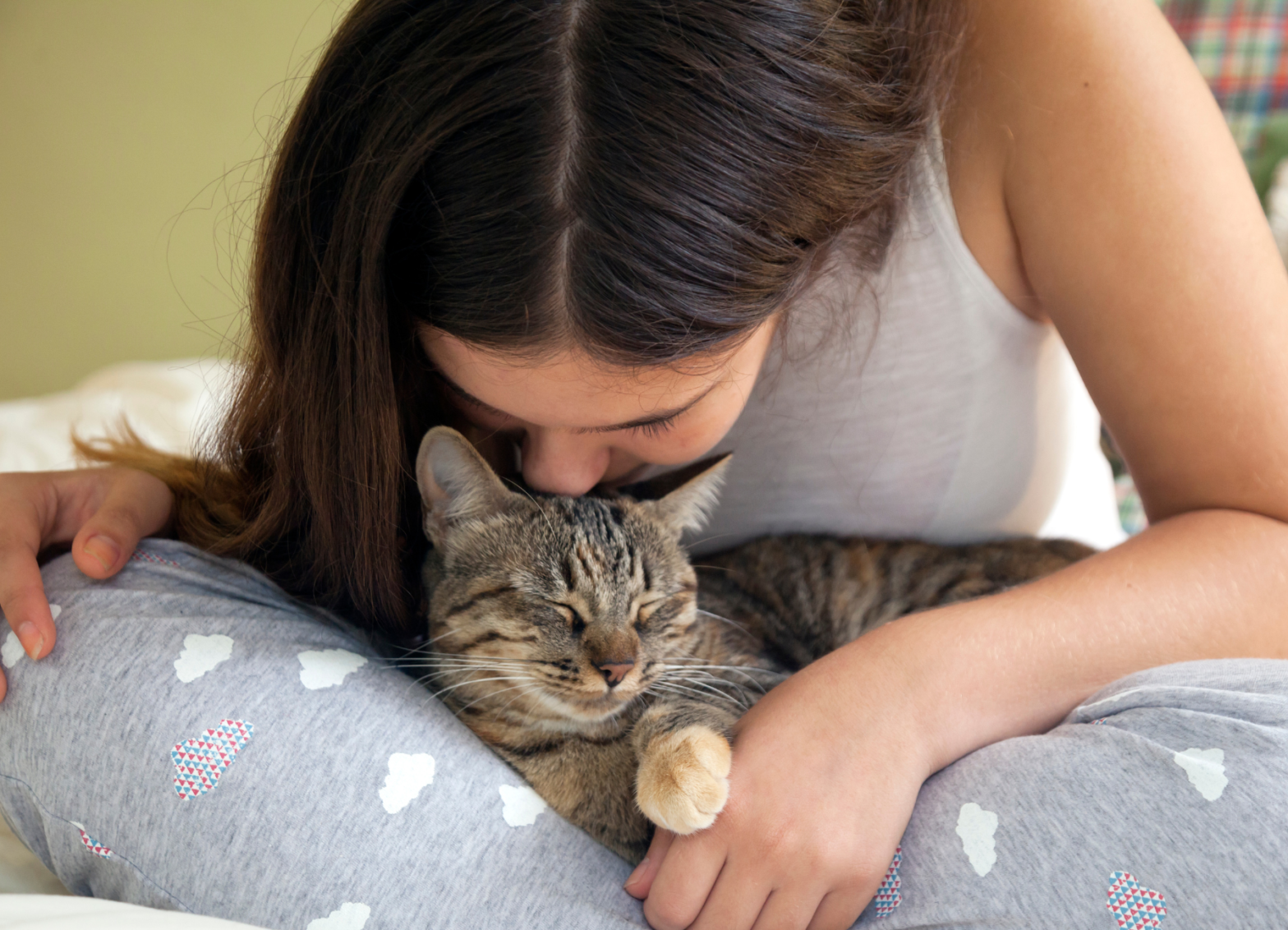How Should I Treat my Pet with a Terminal Illness?
When our pets have a serious illness, there may come a point where we must take the decision to stop trying to cure them of their illness (that is, to get rid of it completely) and instead look to manage their symptoms. This allows them to live a good-quality life for as long as possible.
“Palliative care” is the name for treatment that focuses on keeping the patient as comfortable and stress-free as possible, for as long as we are able. It does not look to prolong life, meaning that it is usually much less intense than standard medical treatment.
In humans, palliative care may be given at home, or in a hospice, rather than a hospital. For our pets, treatment away from home is usually more stressful- that’s why we offer pet hospice care at home, where your pet is comfortable and stress-free.
When is Palliative Care Right for my Pet?
The decision to move from normal medical treatment to palliative care is never an easy one. At Rest Your Paws, we’re here to help you make these difficult decisions. There are a few reasons why you might choose palliative care for your pet:
- Your pet has an illness that cannot be treated, and you want to focus on making them comfortable.
- Your pet has an illness where treatment is available, but unlikely to be successful, and you feel it is not in their best interests to go ahead.
- Your pet has a condition that can be treated, but it is not in their best interests to give them the treatment.
- Your pet has a condition that is very expensive to treat, and is not financially possible for you to do this.
There are many reasons why it might not be in a pet’s best interests to go ahead with treatment, even if it is available. These include:
- They get very stressed when coming to the vet clinic for treatment
- They have a bad reaction to the medication, or develop severe side-effects
- They have other illnesses that mean treatment is not possible – for example, a heart condition that would make a general anaesthetic very risky
- They have other illnesses that mean that even if treatment is successful, their life expectancy is not long, and you feel that the improvement from that treatment would not be worth it.
Your regular vet may have already suggested that you consider palliative care. However, it’s also ok to suggest it to them if you feel the time is right. You will be more aware of how well your pet is coping with their illness at home, and how they feel about coming into the clinic for treatment, so it’s important to listen to your instincts about what’s best for them. At Rest Your Paws, we are more than happy to discuss the transition to palliative care if you’re undecided about the right course of action.
What Does Palliative Care Involve?
Palliative care focuses on relieving the symptoms of your pet’s illness, to keep their physical and emotional well-being as good as possible for as long as possible.
In the early stages of many illnesses, your pet may experience few symptoms. At this stage, you can focus on helping them to enjoy their life as much as possible, and make some good memories with them. You should also try to encourage them to eat regular meals – many illnesses will lead to weight loss, so helping them to maintain their weight will keep them strong for as long as possible.
As your pet’s illness progresses, there are many different types of treatment that you can give them to help with their symptoms. These might include:
- Painkillers
- Anti-sickness medication
- Medication to increase their appetite
- Anti-anxiety medication
- Special foods to relieve the symptoms of illness
- Special diets
In the more advanced stages, your beloved pet may benefit from more intensive treatment, such as injections of stronger painkillers, or fluids given under the skin or into the vein (“intravenously”). Feeding tubes can also be placed to help your pet to take in food even if their appetite is poor. We will support you with deciding whether to undertake any of these with your pet, and help you to manage them at home. We will visit as often as necessary to ensure your pet is receiving the medications and care they need.
